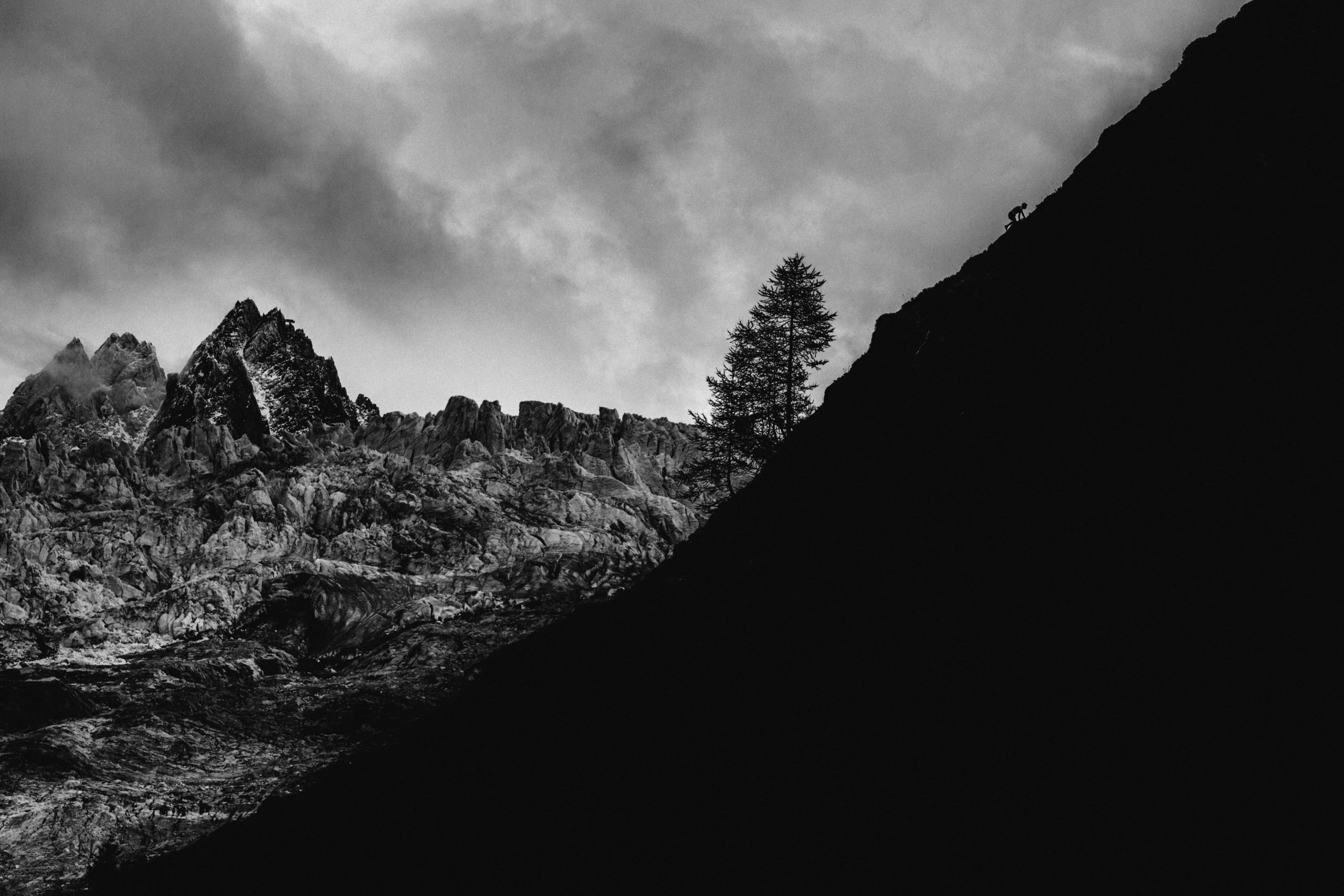
Kilian Jornet: thoughts and perspective beyond sport
Kílian Jornet Burgada, born in 1987, is a professional sky runner, trail runner, ski mountaineer and long distance runner. He is a six-time Skyrunner World Series champion and has won some of the most prestigious ultramarathons, including the Ultra-Trail du Mont-Blanc, the Grand Raid, the Western States Endurance Run and the Hardrock Hundred Mile Endurance Run. Jornet also holds speed records for the ascent and descent of the Matterhorn, Mont Blanc, Denali and Everest.
We interviewed him to ask him some questions about how he is living the current situation and to share with him some thoughts and perspectives beyond sport.
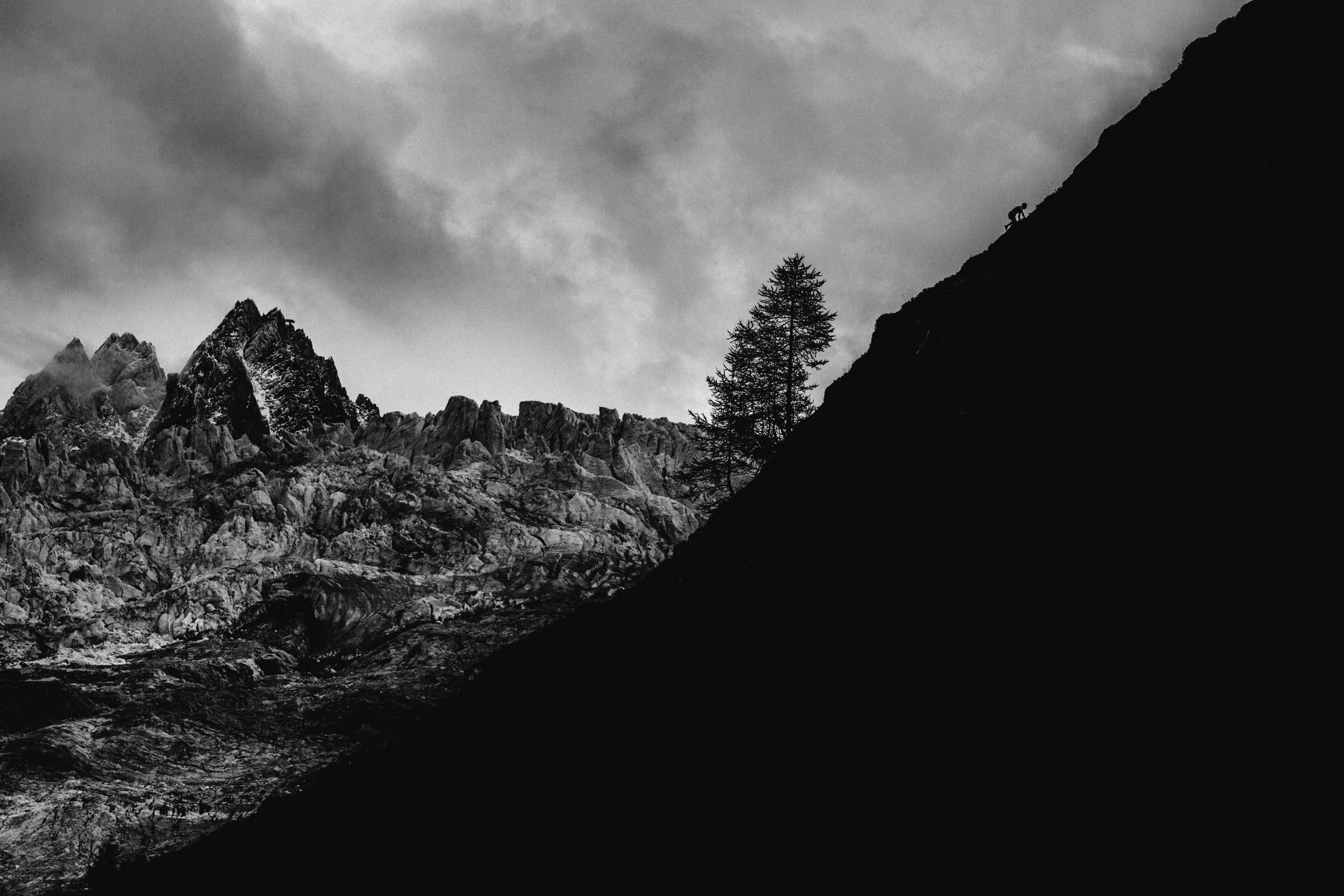
We have all found ourselves changing our habits and daily lives from one day to the next. What does change mean for you? How do you think it affects a person’s daily life and have you got any advice on how to handle it?
“Change” can mean many things, since it involves the passage of things from one state to another. Through training, for example, you can change your body thanks to several adjustments. Or it could be an unexpected change of plans or an adaptation of your way of life, for example after an accident or a separation. Some changes will come from a personal intention and some others will just happen. The first ones are easier to accept, since we are the first to want them. As for the second ones, we just need to accept them and understand, from that moment on, where we can and want to go. I think we should adopt a perspective that shows us change, whatever it is, as an opportunity to build something better.
During the quarantine, we have all had plenty of time to ourselves. I wonder what is your relationship with loneliness and how you think human beings deal with it? Do you think that being isolated for a while, experiencing a different rhythm of life, has done us some good?
I’m not sure about that: during quarantine we were somehow physically distanced but but it seems to me that social interaction was much stronger. People wanted more than ever to be connected with each other, through social media and live connections. So I don’t think this quarantine has become a sort of “time for ourselves”. It was almost the opposite, at least for me: in a normal moment far lower social connection. I’m an introvert, so for me being alone is more relaxing than to be among people. I think that being alone and silent is sometimes beautiful for everyone. This is what I like about expeditions, being disconnected. Spending a long period of time without any social noise, letting the mind fly between the thoughts without the need to define them, having the opportunity to take up these thoughts the next day, rethink them, write them in a notebook with a pen without being able to erase. Abandon the urge for knowledge and information, to be able to observe without the need to describe, to let your person disappear, to listen.
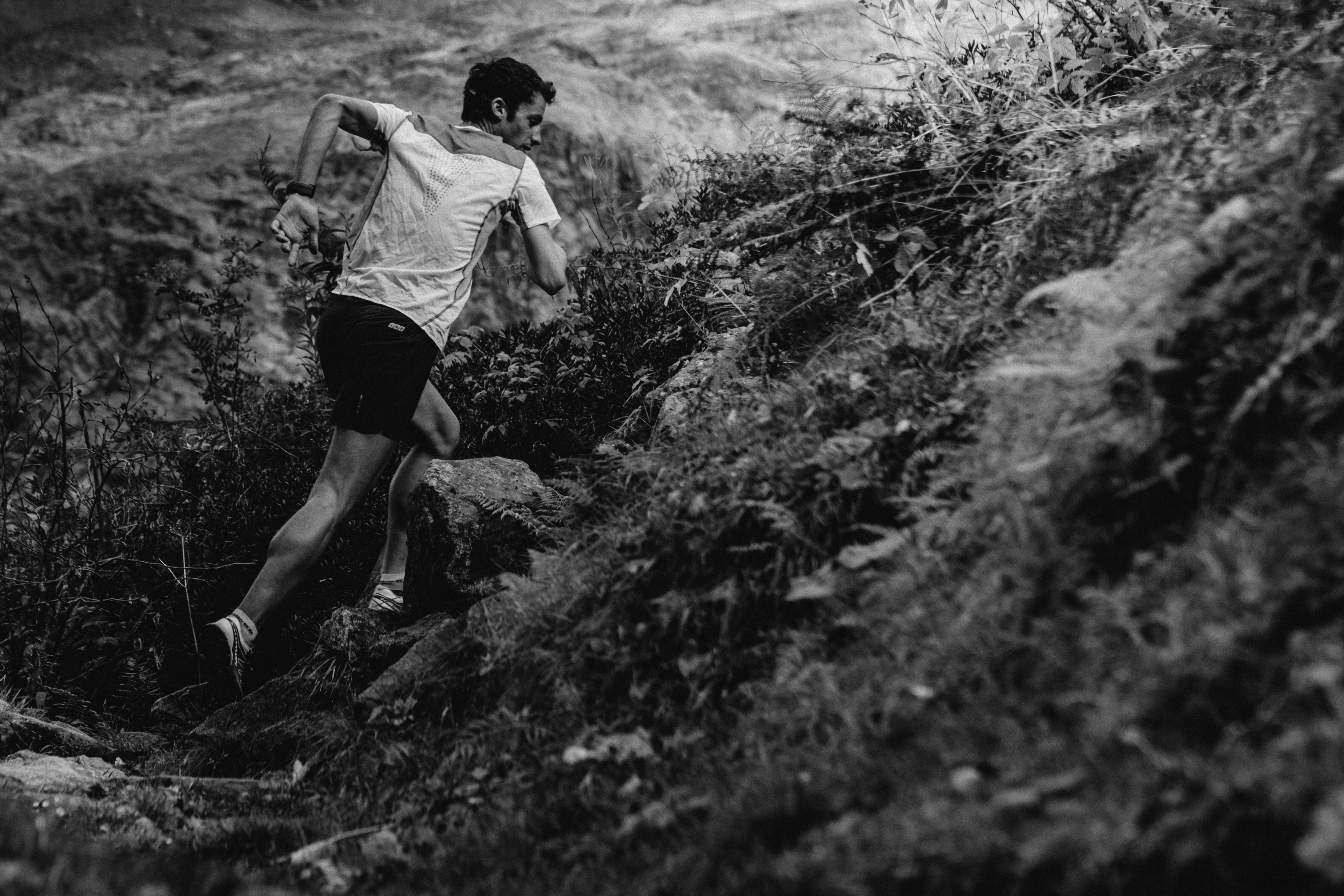
“Change” and “loneliness”, are words that for many people have a negative connotation. Another word that is often scary is “fatigue”. To reach your level, in addition to a good dose of natural predisposition, you certainly had to work hard, both mentally and physically. What is fatigue for you? Were there any moments in your life when you said “Enough, I can’t take it anymore”? And how do you manage effort, laziness and willpower?
Fatigue is for me a necessary step during the change process. When we’re training, for example, we need to go through effort to do overcompensation and make adaptations. There are for sure many moments when fatigue or pain are annoying. I happen to think: “Maybe I should just stay home”. But in the end it is something I have chosen and I am committed to it. When there’s no danger and when your motivation to reach your goal is high, I think it’s easy to embrace fatigue or pain. Sometimes we think too much, but we should just stop that and start doing.
By “values” we mean the set of moral and intellectual qualities considered the positive foundation of human life: what are your values? The world is spinning at a pace that sometimes doesn’t match ours, and we often have to compromise. What is the right balance for you?
I think it are our contradictions rather than our values what define us. I believe that one of the most important values for me is respect: to nature and of other human beings. Unfortunately, however, my work has a huge footprint, so in the end I love nature but at the same time I am destroying it. I value lightness, as a concept of “doing more with less” and despite this, I have a lot of gears at home to be able to choose the right one when I do a very light activity with almost no gear. I value comprehension, to be able to put yourself in another shoes.
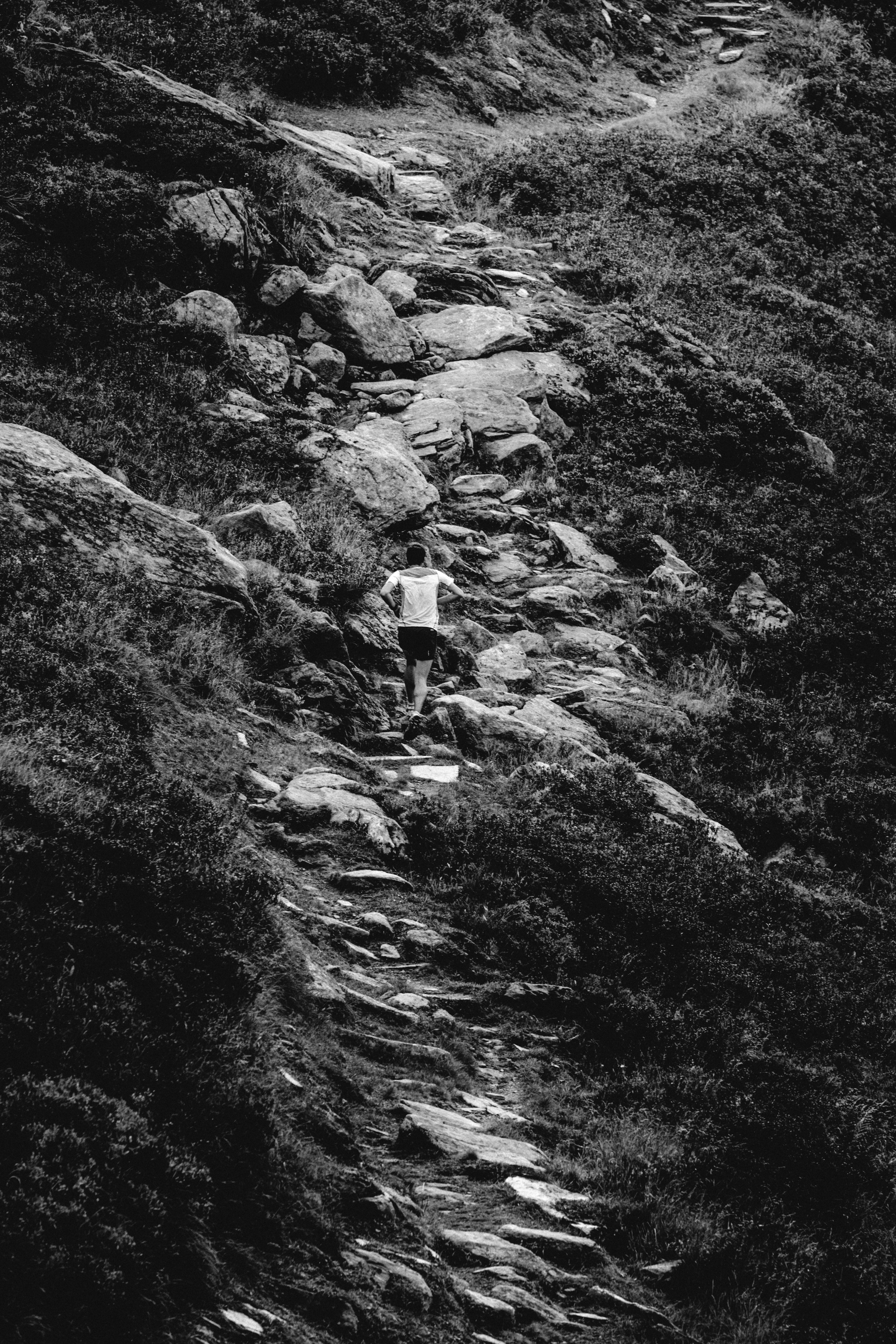
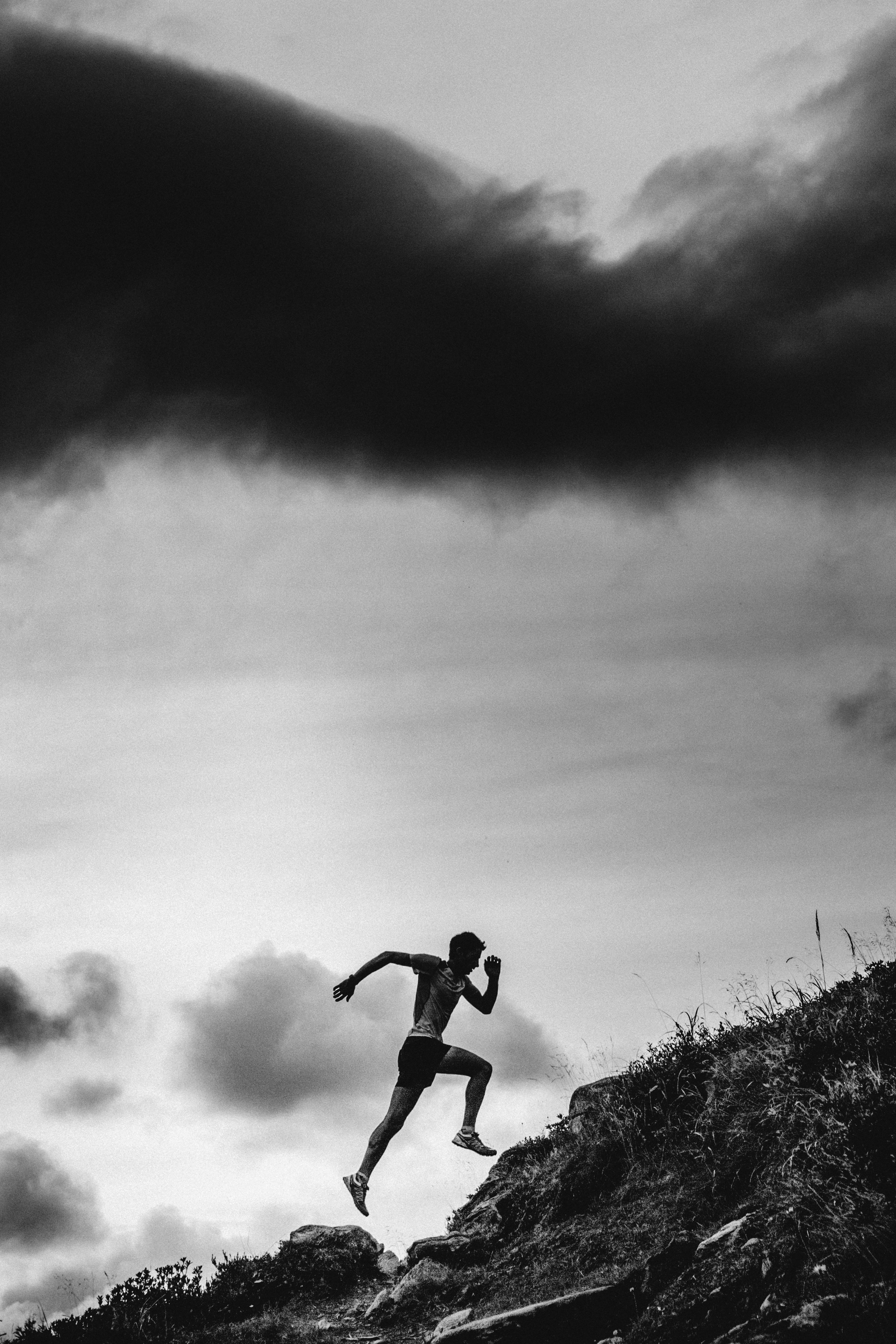
This period has moved the conscience of many towards eco-responsibility: the trend already existed before, but it seems that many people feel now more and more involved. How do you personally and daily act to reduce your impact? Do you think something can really change in the near future? What do you wish for the planet where your daughter will grow up?
I believe this COVID crisis and the economical stop can produce an acceleration in the transition towards a more sustainable way of living. We see that, individually, more and more people are concerned, and even big companies are taking important steps. With the measures taken during the last months by governments, we could see that, if they want, they can place stricter rules to fight the impact of pollution and carbon footprint. So I hope this will help all of us to accelerate that change. We also need to accept that we cannot keep doing the same as before, we can travel but differently, we need to consume in another way. I’m very optimistic so I think we can really change and personally, I want to move on that direction. With my family, we try to have the lowest ecological impact in our daily life: the energy of the house comes from a heat pump and all the energy from renewable energies, we eat vegetarian and local as much as we can and Emelie has a big garden from where almost all veggies and potatoes we eat come from. Another important point concerns business travel: stop having training camps far away or photo shoots with photographers that need to fly from far away. Or also interviews that demands a long travel for the journalist. With all the technology we have today we can do many thing, with almost a zero impact. We stopped filming with helicopters a long time ago, and I hope races organizations and brands really will stop on other bad habits too. I’m personally lobbying to my sponsors and when I can have influence to reduce their carbon footprint, the kind and the waste of materials they use, I always give my point of view.
As an internationally renowned athlete, you have many followers on your social media channels. What do you think about your role in inspiring people? How do you think the world of outdoor sports can inspire people and help the world evolve towards the best?
I really do not think about my role. I think that if you live your life for the others, you forget about who you are and what you want. I’m an athlete and I want to perform, I love exploring and nature and to take care of it. I communicate about it because this is what I care about. I think what we communicate should be about what we care of, and not what others expect to listen from us. I think many outdoor people care about the environment: we have the opportunity to address our ideas and thoughts to a large amount of people and that’s great.

“I think that if you live your life for the others, you forget about who you are and what you want. I’m an athlete and I want to perform, I love exploring and nature and to take care of it. I communicate about it because this is what I care about. I think what we communicate should be about what we care of, and not what others expect to listen from us.”
I listened to the Salomon podcast you are protagonist of. These sentences struck me: ”I always love to learn”. What did you study? What do you like studying or reading?
I’ve studied sport science at the university. Afterwards I like to take courses or just read papers, scientific articles in PubMed or journals about psychology and biomechanics. I also like to read about environment and photography, tech, algorithms and data.
“I’m an optimistic person”. Can you explain better why do you think you are an optimistic person?
When I’m in a bad situation I don’t get stuck into the thought of “why I’m here”. I don’t just whine about that, but I accept this new situation and see how to improve from there and I always think it is possible to get better, to get out to a better situation.
“Injuries help a lot”. What do you mean?
When you’re injured you have to rest. During the rest, with the impossibility to do your normal activity, you certainly take some new perspective and see your weaknesses, or your real motivations and you can make a stronger or better plan.
“Life is one, and we live for what we want”. Can you explain better this concept?
Well, we have only one life and we cannot pause and repeat it. We better realize how incredible life is, how lucky we are. Especially us, born in a western country, with facilities and with the possibility to lead our life to where we want, of course with choices and sacrifices, but with the possibility to do what we want. I just think it’s important to not take for granted what we got.
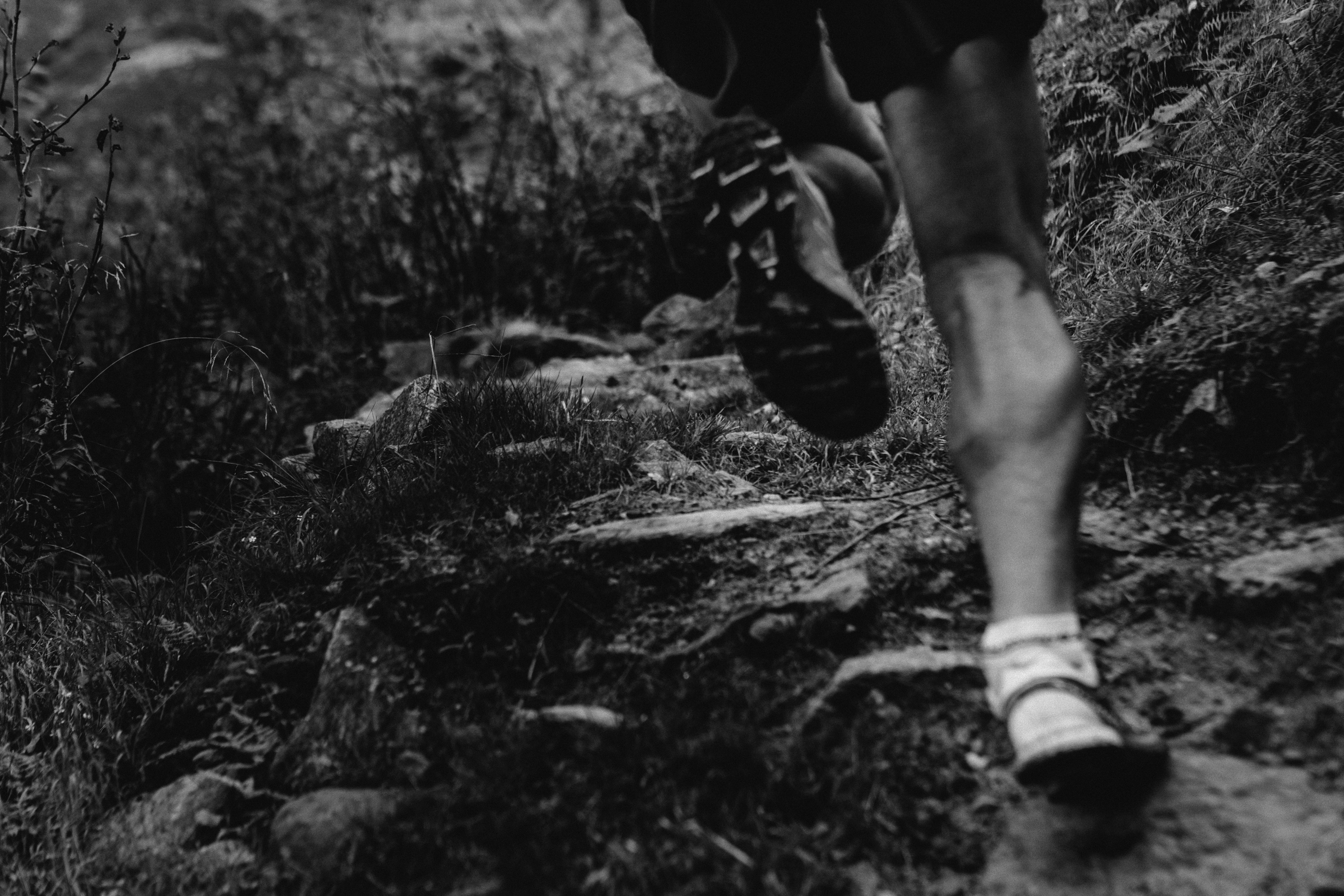
Share this Feature